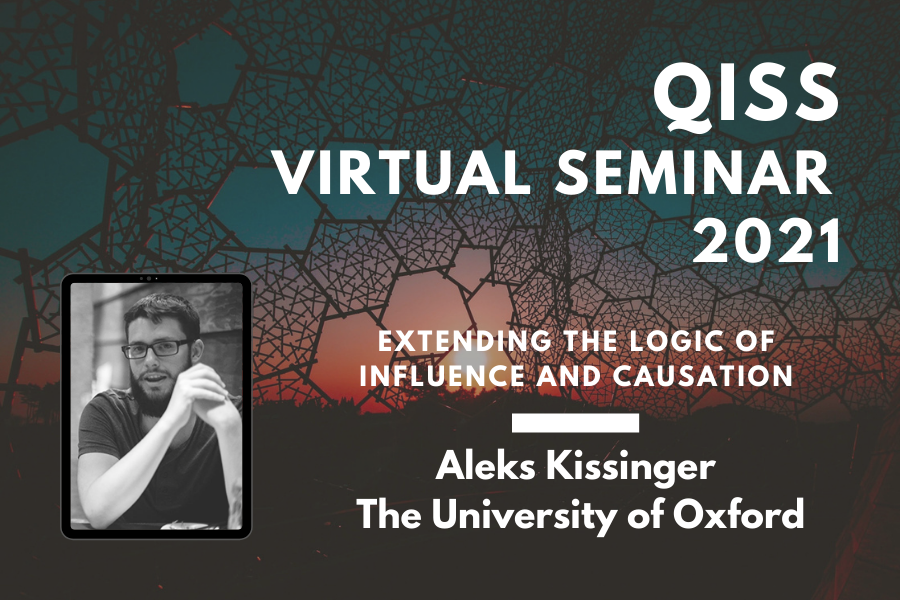Abstract: I will talk about some recent developments in the framework of "black box causal reasoning". In this minimal setting, we assume access to some abstract process and attempt to describe, quantify, or prove properties about the causal relationships between its inputs and outputs. This works both for first-order processes, which can capture e.g. a device shared by multiple agents, or higher-order processes, which captures the universe in which those agents live. This higher-order picture leads naturally to a particular categorical structure that has long been studied in theoretical computer science called a *-autonomous category. Whereas first order processes (e.g. quantum gates) only have two natural notions of composition (in series and in parallel), higher-order processes have an extremely rich and multi-faceted notion of composition guided by the "internal logic" of a *-autonomous category. In this talk, I will highlight some aspects of this logic, show how they can be used for causal reasoning, and discuss some recent extensions and open problems.
